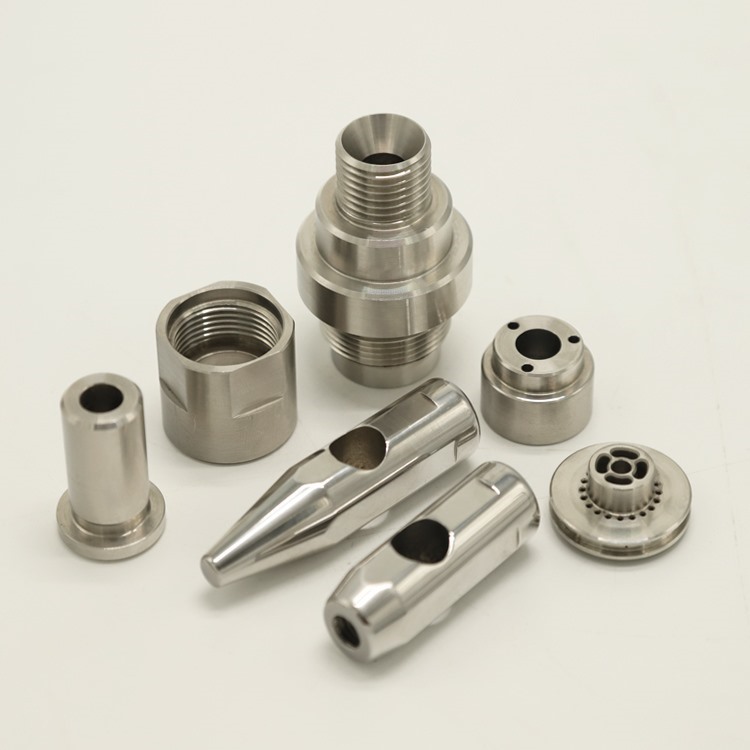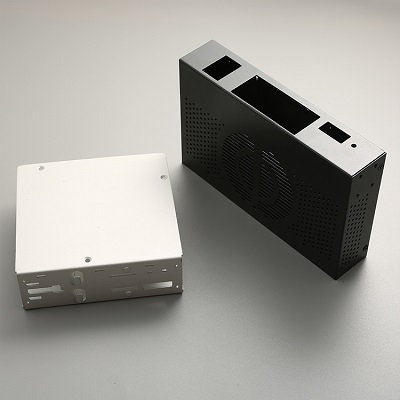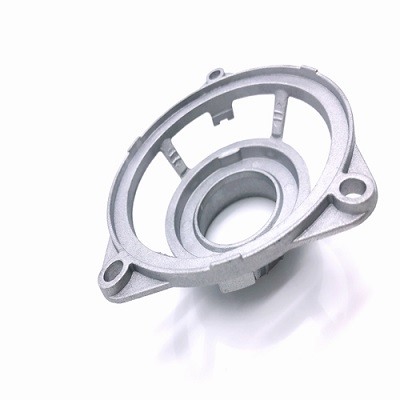Metal Materials Guide
Whether it is a consumer, medical or industrial product, there are many metal products to choose from, so when you are customizing metal parts, have you considered the most appropriate metal material to build your project.
Tufa offers more than just a guide to metal materials, including testing, post-treatment, and assembly after your custom metal parts are made. Our goal is to save everyone's time while maintaining the quality of our products.
Types of Metal Materials
Metal materials are usually divided into ferrous metals (contains iron), non-ferrous metals (contains no iron, alloys), a wide variety of metal materials have become the basis for Tuofa to custom your project.

Ferrous Metals
Ferrous metals, also known as iron and steel materials, including industrial pure iron containing more than 90% iron, cast iron containing 2% to 4% carbon, carbon steel containing less than 2% carbon, and various uses of structural steel, heat-resistant steel, etc.

Nonferrous Metals
Non-ferrous metals are all metals and their alloys that do not contain iron, usually divided into light metals, heavy metals, precious metals, semi-metals, rare metals and rare earth metals, etc.. Non-ferrous alloys are generally stronger and harder than pure metals, and have high resistance and small resistance temperature coefficient.
Metal Fabrication Materials Solutions
Aluminum
Stainless Steel Advantages
Flexible and moldable, easy to alloy, high strength-to-weight ratio, excellent corrosion resistance, easy electrical and thermal conductivity, recyclable.
Stainless Steel Applications
Transportation skeletons, aircraft components, kitchen appliances, packaging, and furniture. Aluminum is also frequently used to reinforce large structures, such as the statue of Eros in London's Piccadilly Circus and the top of the Chrysler Building in New York.
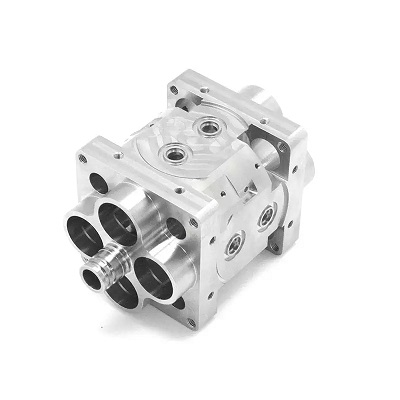
Copper
Copper Advantages
Copper is an excellent electrical conductor, its electrical conductivity is second only to silver, excellent thermal conductivity, electrical conductivity, hard, flexible, with ductility, after polishing, the effect is unique.
Copper Applications
Wires, engine coils, printed circuits, roofing materials, piping materials, heating materials, jewelry, cooking utensils.
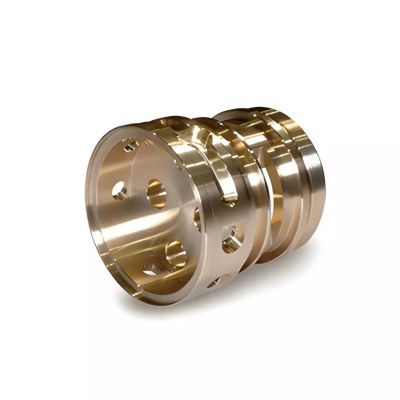
Brass
Brass Advantages
Brass is an alloy of copper and zinc, its strength and ductility will be better than that of copper, easy to cut, easy to weld.
Brass Applications
Used for various parts of machinery and electrical appliances, stamping parts and musical instruments, pipe fittings.
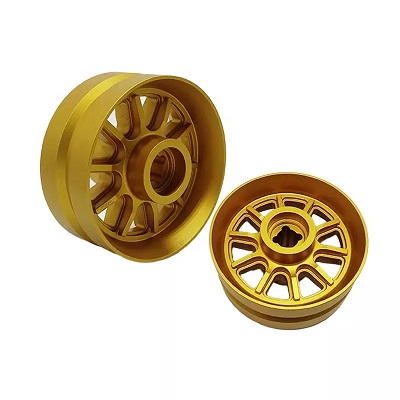
Stainless Steel
Stainless Steel Advantages
Health care, anti-corrosion, fine surface treatment, high rigidity, can be formed by various processing processes, more difficult to cold processing.
Stainless Steel Applications
Austenitic stainless steel is mainly used in household items, industrial pipelines and building structures; martensitic stainless steel is mainly used for making knives and turbine blades; ferritic stainless steel is anti-corrosive and is mainly used in durable-use washing machines and boiler parts; composite stainless steel has stronger anti-corrosion properties, so it is often used in aggressive environments.
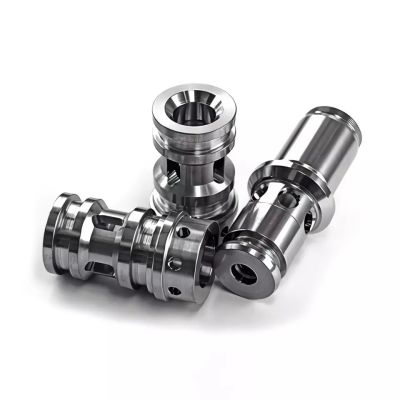
Titanium
Titanium Advantages
Very high strength, weight ratio excellent corrosion resistance, difficult to cold work, good weldability, about 40% lighter than steel, 60% heavier than aluminum, low electrical conductivity, low thermal expansion, high melting point.
Titanium Applications
Used in golf clubs, tennis rackets, portable computers, cameras, luggage, surgical implants aerospace. Military precision parts, etc.
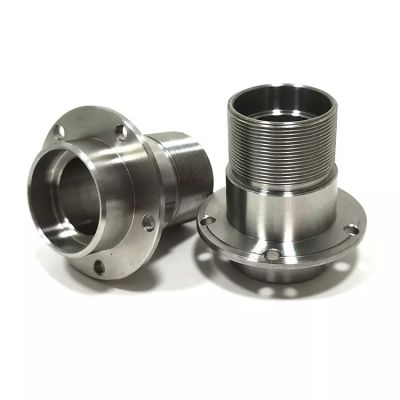
Mild Steel
Mild Steel Advantages
A low carbon steel with a carbon content of 0.15% to 0.30% and an Mn content of not more than 0.75%, with low hardness, low strength and good welding properties.
Mild Steel Applications
Parts are required to have a hard wear resistant surface, Mild Steel is suitable for manufacturing including small shaft rods, pistons, low load gears, etc.
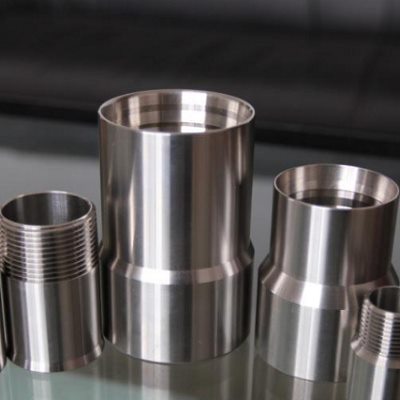
Inconel
Inconel Advantages
Good tensile and fatigue properties from low temperature to 980°C, ideal for extreme pressure and high temperature environments, and corrosion resistance.
Inconel Applications
Applications in the oil and gas extraction, aerospace and medical industries will be more suitable for Inconel
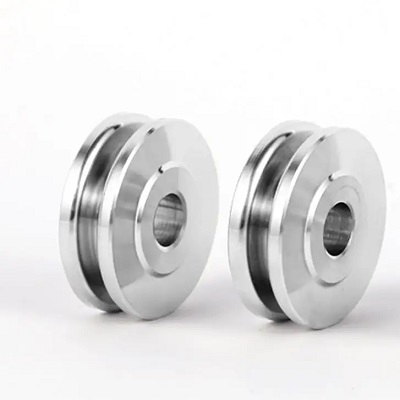
Alloy Steel
Alloy Steel Advantages
It is based on carbon structural steel, adding one or more alloying elements to improve the strength, toughness and hardenability of steel.
Alloy Steel Applications
Mainly used in the manufacture of cross-sectional size of mechanical parts, widely used in the manufacture of automobiles, ships, heavy machine tools and other vehicles and equipment of various transmission parts and fasteners.
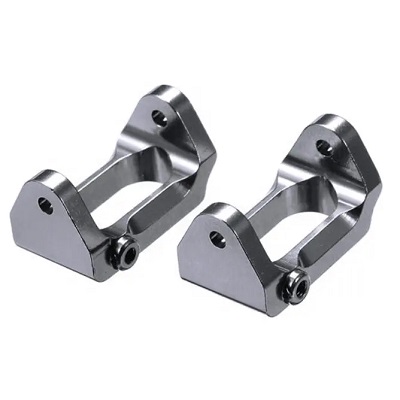
Tool Steel
Tool Steel Advantages
Tool steel steel is a kind of low carbon steel, its minimum carbon content is 0.65%, up to 1.35%, with higher hardness, wear resistance and toughness.
Tool Steel Applications
Used for making tools (turning tools, milling tools, reamers, broaches, twist drills, etc.) and molds, rolls, and wear-resistant mechanical parts.
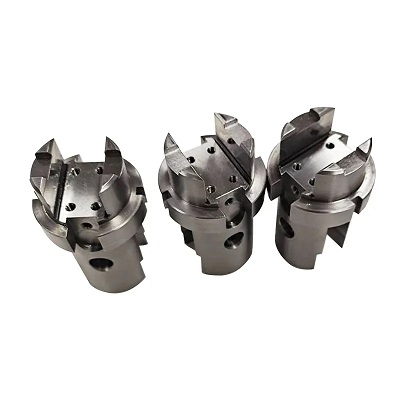
Invar
Invar Advantages
More difficult to process than stainless steel, small coefficient of expansion, not high strength, hardness, low thermal conductivity.
Invar Applications
Its applications extend to aerospace remote sensors, precision laser equipment, optical measurement systems and waveguide structural components, various microscopes, and various scientific instruments that require the installation of lenses.
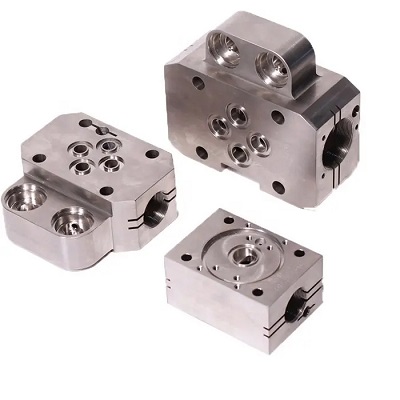
Magnesium
Magnesium Advantages
Lightweight structure, high rigidity and impact resistance, excellent corrosion resistance, good thermal conductivity and electromagnetic shielding, good non-combustibility, poor heat resistance, easy recycling.
Magnesium Applications
Commonly used in automotive parts, 3C product shells, construction materials, etc. Most ultra-thin laptop and cell phone shells use magnesium alloy for shell.
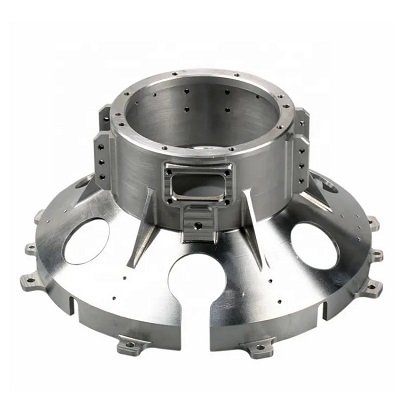
Try Tuofa Now!
Tuofa Engineer Support Team - Real human quotes are more accurate than software quotes
Metal Parts Manufacturing Process
The main manufacturing processes for metal parts are: machining, sheet metal, forging, casting, 3D printing. Metal parts on-demand manufacturing is an essential skill for Tuofa to solve your multi-variety and small-batch production plans, stable quality and technological innovation of metal parts are the factors for the Fortune 500 to cooperate with us for a long time.
Metal Parts to Final Product

Medical
Metal materials have good mechanical properties, reliability, durability and ease of processing, medical devices using metal is more surgical aids and implantable devices.
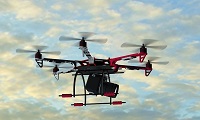
Aerospace
In the field of aerospace, the material requirements for aircraft production are extremely strict, and the excellent characteristics of magnesium alloy is very suitable for the role in the aerospace manufacturing.
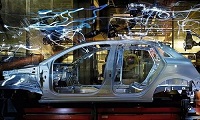
Automotive
In the automotive industry, the electronics, electrical, structural parts, connectors forming aspects are inseparable from the metal materials, Tuofa breakthrough innovation in high-speed operation and manufacturing of tiny parts.
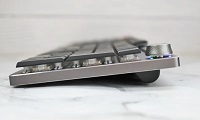
Consumer ELectronics
Tuofa's custom metal products can pass rigorous reliability tests even for complex processes, giving your consumer products a good appearance and a strong and stable structural design.

Industrial Machinery
Due to the advancement of technology, we demand more and more performance from our machinery and equipment, Tuofa selects new metal alloys to be applied to industrial machinery to reduce the consumption of resources.
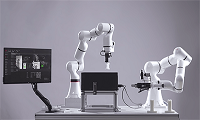
Robotics
Metal manufacturing has contributed to the development of the robotics industry, which has grown four times in the last five years. It solves the production efficiency and ensures the production safety.
The performance of metal materials is the main basis for the selection of materials. The performance of metal materials is generally divided into process performance and service performance.
When you custom metal parts, is it for the process performance or the use performance of the product?
Custom Metal Products Quote
Innovative Metal Manufacturing
Metal manufacturing products include: structural metal products manufacturing, metal tools manufacturing, container and metal packaging containers manufacturing, fasteners and daily metal products, ship and marine engineering manufacturing, etc. Tuofa's duty is to create its own value among innovative metal manufacturing. Only by maintaining the first-class quality can we keep moving forward.
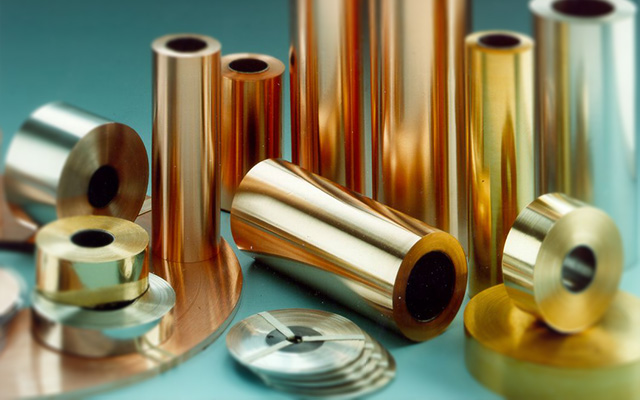
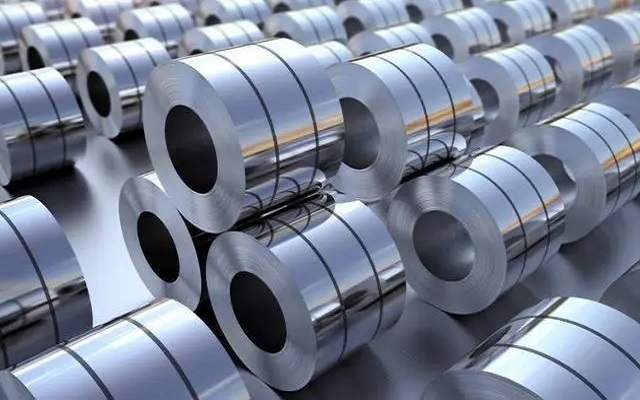
Custom Metal Parts Experts
For industrial manufacturing, several commonly used metal materials are aluminum, steel, stainless steel, brass, bronze, titanium, magnesium alloy. With 17 years of manufacturing experience in the metal industry, Tuofa can select the most suitable material to match your project.
Our workshop uses the most advanced machinery to contribute to the cause of environmental protection, improve material utilization, reduce production costs, and increase your return on investment. This is our "winning formula" for becoming the top custom metal parts specialist in China.
What is Metal Matrix Composite?
Metal matrix composites (MMCs) are generally composites with metal or alloy as matrix and fiber, whisker, particle, etc. as reinforcement. There are mainly metal matrix composites reinforced with high performance reinforcing fibers, whiskers, particles, etc.; reactive autogenous reinforced composites in metal matrix; laminate metal matrix composites, etc. These metal matrix composites maintain the characteristics of the metal itself, but also have the comprehensive characteristics of composite materials. Through the optimal combination of different matrices and reinforcements, various high-performance composites with various special properties and excellent overall performance can be obtained. |
 Tel/WeChat:
Tel/WeChat:  Email:
Email: 
 Home
Home
